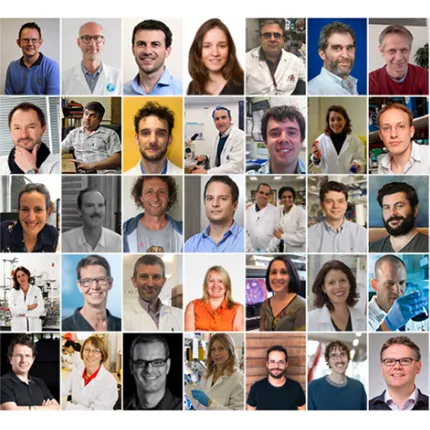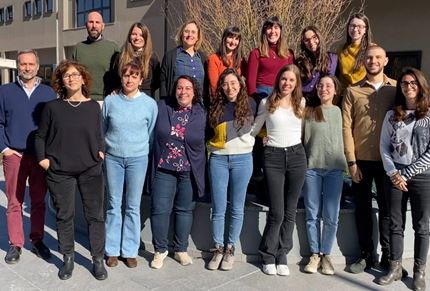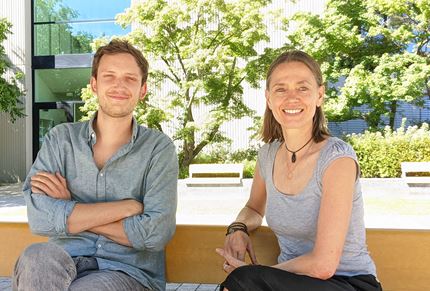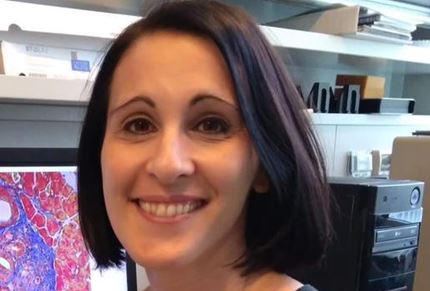Research projects
Trying to stop the development of kidney cancer in Birt-Hogg-Dubé syndrome
Project aim
Dr Chiara Di Malta and her team are trying to gain a better understanding of why patients with a rare inherited disease are more likely to develop kidney cancer. They hope that their research will identify new treatment approaches for kidney cancer.
Hope for the future
Birt-Hogg-Dubé syndrome is a rare inherited disease that can predispose people to kidney cancer. Between 14-34% of people with the syndrome go on to develop tumours in their kidney and to date surgery is the only treatment option. Dr Chiara Di Malta and her team are now trying to find a new way to treat kidney cancer by studying certain proteins that have also been found aberrantly activated in other cancers.
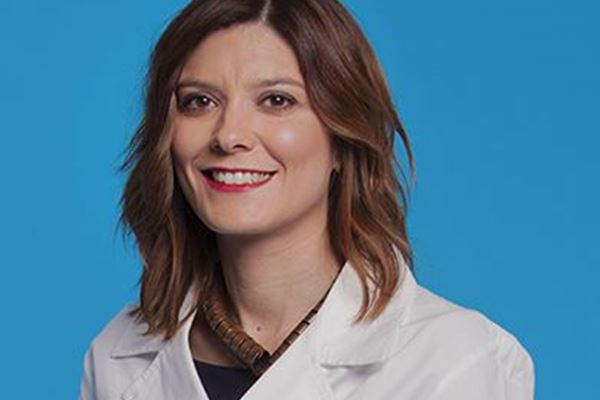
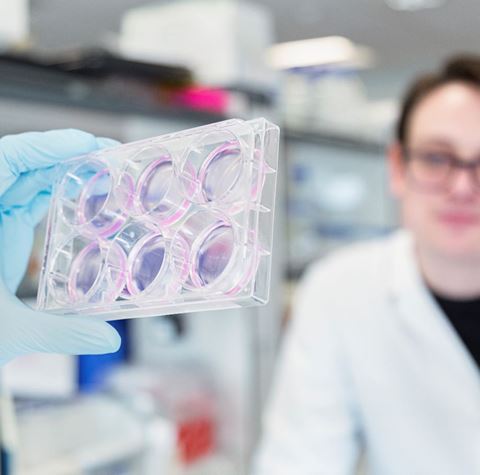
Meet the scientist
Dr Chiara Di Malta loves playing with her two children, preparing home-made cookies and biking along the beautiful seafront of Naples. “My husband, Carmine, who is a scientist, but also a great chef, cooks many traditional dishes for us and my favourite is Neapolitan fish soup”. When not busy cooking with her family or going to jazz concerts or the opera with her husband, Dr Di Malta enjoys taking pictures of people and places and reading.
The science
People with Birt-Hogg-Dubé syndrome are about 7 times more likely than the average person to develop kidney cancer. Research suggests that TFEB, a protein that has already been implicated in other cancers, could be responsible for the development of cancer in people with Birt-Hogg-Dubé syndrome.
Dr Di Malta and her team are now investigating this idea by disabling the TFEB protein in Birt-Hogg-Dubé syndrome to see whether this stops kidney cancer from developing. They are also trying to understand how TFEB promotes tumour growth in Birt-Hogg-Dubé syndrome patients and how they can stop this process by inhibiting TFEB.
Without basic science, no technological breakthroughs would be possible. Only a better understanding of the mechanisms underlying a specific disease can allow to identify a better therapeutic strategy to treat it.Dr Chiara Di Malta
Become a Curestarter and help us fund the next pioneering research project.
Our research projects wouldn't be possible without the funds we receive from people like you. Just £24 can pay for an hour of research.
Support Us
